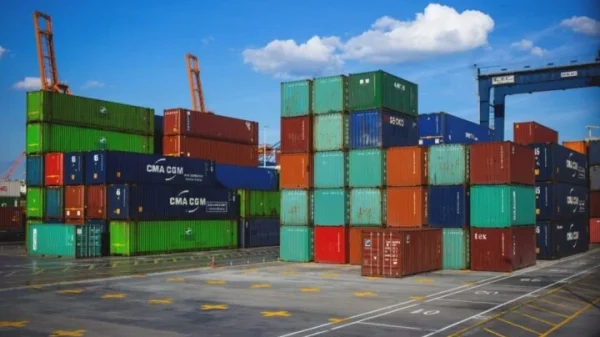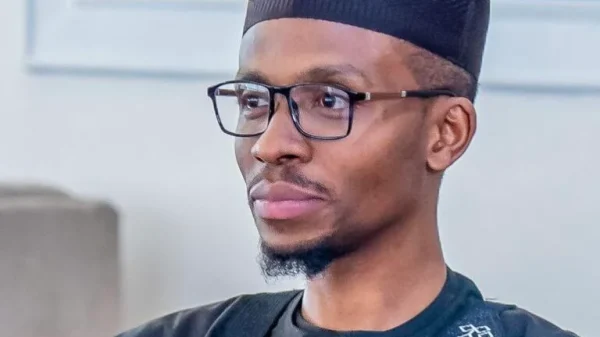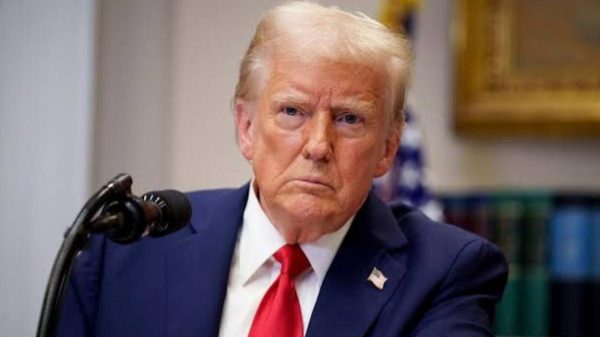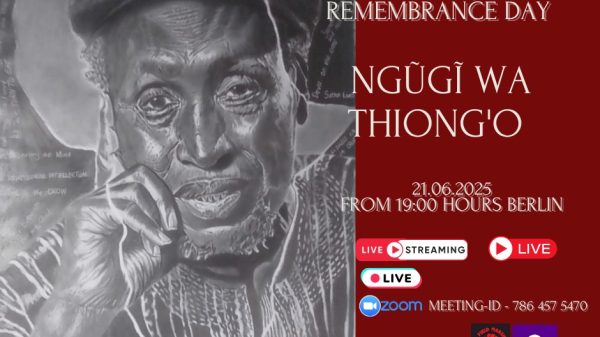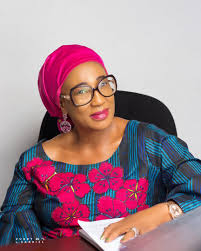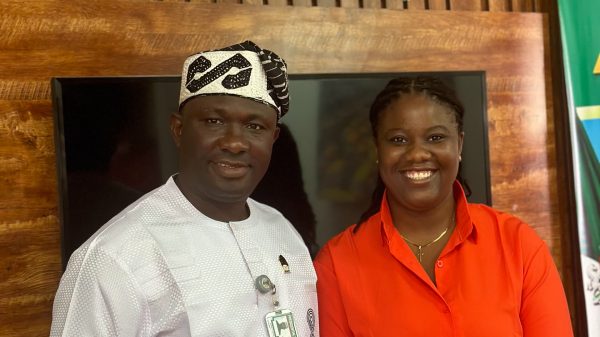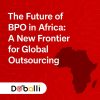Ghana, October 2024 — For Ambassador Davisha L. Johnson, the journey to Africa was not just a move; it was the beginning of a bold vision aimed at transforming agricultural practices across the continent. In 2021, Amb Davisha L. Johnson left Atlanta with her three children, carrying with her a passion for sustainable agriculture and a vision to develop Africa’s cannabis and hemp industries. Today, that vision has grown, encompassing rural farming sustainability in Ghana and beyond.
“It starts with a plan,” Amb Davisha L. Johnson says. “Implementing any big idea requires sitting down with yourself, evaluating your capability, capacity, capital, and commitment.” Her focus sharpened once she arrived in Ghana, quickly realizing that her goals required flexibility. Engaging with local farmers, she found that while many were interested in crop farming, few were initially open to cannabis. This realization led her to adapt her approach, placing emphasis on essential farming and sustainability practices first.
In response, She developed the “One Hectare Sustainable Farm (OHSF) Project Model”— an initiative designed to address crucial needs in global Black farming communities, including access to healthy food, affordable housing, education, and youth employment. Drawing on her expertise in architecture and construction, Davisha L Johnson carefully crafted a model aimed at empowering communities to live sustainably, comparable to rural homesteads in the United States.
The OHSF Model aligns with seven UN Sustainable Development Goals (SDGs) and several African Union Agenda 2063 objectives, focusing on food security, climate resilience, and reducing youth unemployment. “This model is about ensuring Africa’s future is self-sustaining,” Johnson says. “It’s about us investing in our communities without relying on external aid.”
In just six months, the OHSF project has gained substantial traction, with over 30 farms in Ghana and several across other African countries joining. Johnson envisions this growing network of sustainable farms as a blueprint for African governments to support rural and urban farming communities through self-sustaining, locally managed ecosystems. This effort has been achieved with zero foreign aid, relying solely on local resources and community commitment.
“One Black woman from Atlanta, one vision, one hectare at a time,” Johnson shares. She encourages others to join the movement and support sustainable African agriculture by visiting [www.coopexecutives.com](http://www.coopexecutives.com) and taking part in a transformative agricultural model aimed at reshaping Africa’s future.
As Amb. Johnson continues her work, she sees the OHSF Project as a testament to what can be achieved through determination, community-driven solutions, and a commitment to uplifting Black communities globally. “Agriculture,” she adds, “is Black culture.”




